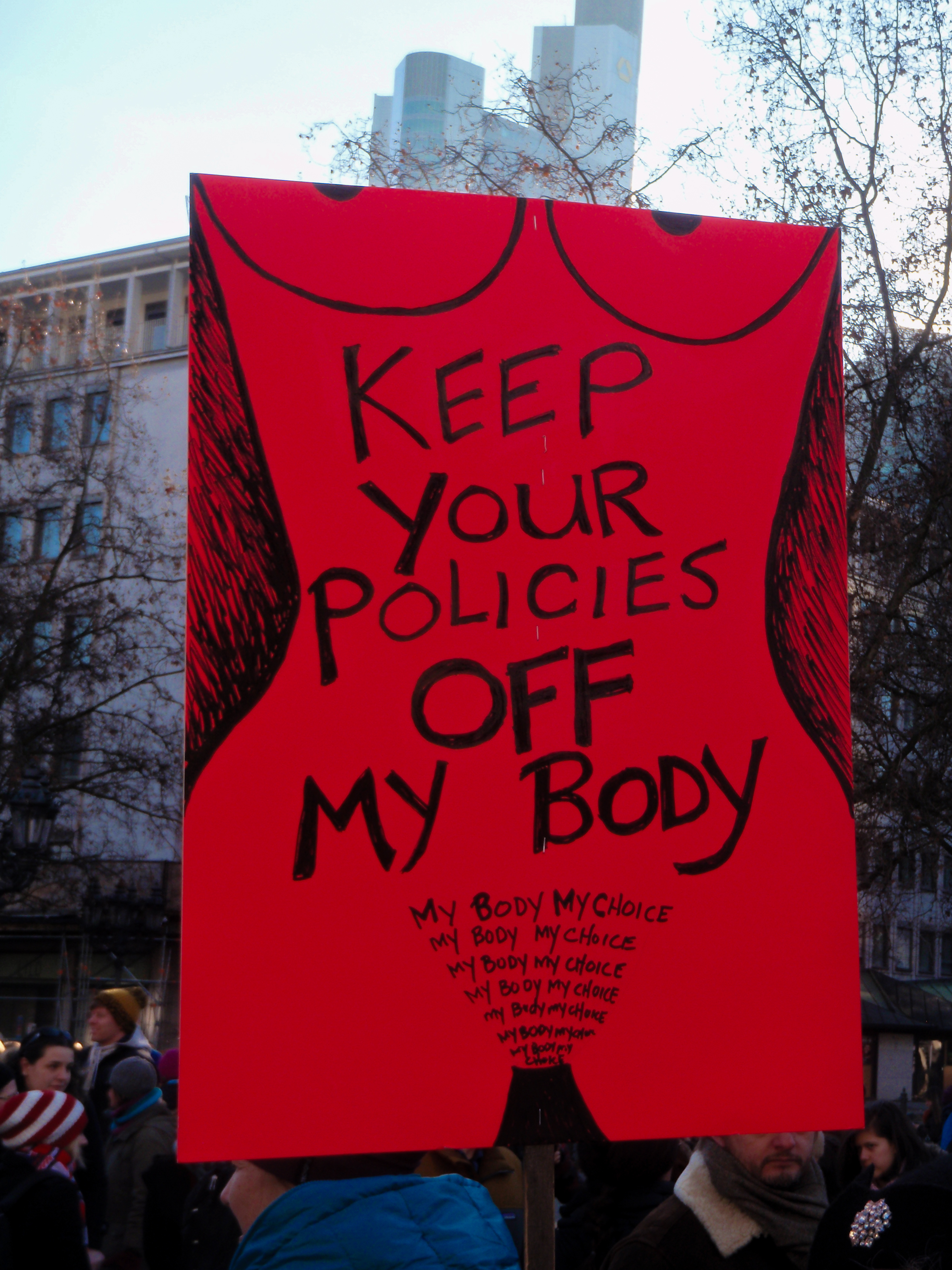Illinois Just Repealed Harmful Abortion Legislation That Affected Minors

On June 1, Illinois officially repealed its Parental Notice of Abortion Act (PNA), which required the guardians of patients under 18 to be notified at least 48 hours before the patient received an abortion. The state’s repeal of its PNA, which allows minors to no longer need permission before getting an abortion, is part of the Youth Health and Safety Law, signed by Governor Pritzker at the end of last year.
Planned Parenthood praised the move, writing that “by signing the Youth Health and Safety Act into law, Illinois has ensured that young people can decide to involve the people they trust in their health care decisions and are protected from harmful domestic situations and unnecessary judicial interactions.
The PNA was an outlier in terms of reproductive legislation in Illinois. Unlike its surrounding states of Wisconsin, Indiana, and Missouri, Illinois is a pro-choice state with few restrictions on abortion access (according to the Center for Reproductive Rights, it will still keep abortion legal if Roe v. Wade is overturned). Minors in Illinois have had total authority over aspects of pregnancy, including labor and delivery. They could consent to a cesarean, decide to give a child up for adoption, and select which birth control methods they want to use to prevent pregnancy.
Illinois’ PNA was passed in 1995. Court challenges from the ACLU prevented the law from being implemented until 2013. Once implemented, the only way to avoid the PNA’s requirements involved minors navigating a stressful and labyrinthine judicial bypass system and proving to a judge they were mature enough to decide for themselves or that notifying a parent was not necessary for them. This system was so complicated that Human Rights Watch found young people regularly demonstrated fear and anxiety about having to appear in front of a judge. Experts expressed concern that this combination of worry and desperation could lead minors to use unsafe abortion methods or simply give up and go through the trauma of carrying a child to term they never wanted. HRW’s report showed that most of the people who used the judicial bypass system were Black and Indigenous. The organization wrote in a report that “PNA violates a range of human rights, including young people’s rights to health, to be heard, to privacy and confidentiality of health services and information, to nondiscrimination and equality, to decide the number and spacing of children, and to be free from cruel, inhuman or degrading treatment.”
Twenty-one states currently require at least one parent to consent to their child receiving an abortion if they are under 18. Three states — Kansas, Mississippi, and North Dakota — require both parents to sign off on a minor’s abortion. These laws are supposedly in place to help protect minors, but critics argue they do more harm than good. Studies have shown minors regularly consult their parents about getting an abortion regardless of the law, and the ones who don’t generally have a good reason. Statistics from Advocates for Youth show one in five pregnant minors are victims of physical abuse from their guardian, and a little less than a third of teens who don’t tell their parents about their abortion “feared violence or being forced to leave home.” Guidelines for who qualifies as a guardian can create further complications for minors who are estranged from their parents or whose parents are incarcerated.
With the overturn of Roe v. Wade likely imminent, the repeal of the PNA offers a glimmer of hope. It shows that even seemingly pro-choice states can benefit from examining the effects of their reproductive health laws with a sharper lens, but also shows that there is tremendous support for securing the right to bodily autonomy.
More articles by Category: Politics
More articles by Tag: Reproductive rights, Abortion



























